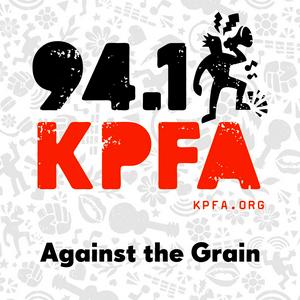It’s been called a new gold rush, but not of our external environment, which continues to be plundered, but of our internal environment — of our psyches. Historian of science D. Graham Burnett, one of the Friends of Attention, lays out what’s at stake — and how they’re organizing a movement to reclaim our attention.
Please donate in support of KPFA and Against the Grain — which celebrates its 23rd birthday today!
The post Fund Drive Special: Fighting the Fracking of Our Attention appeared first on KPFA.


